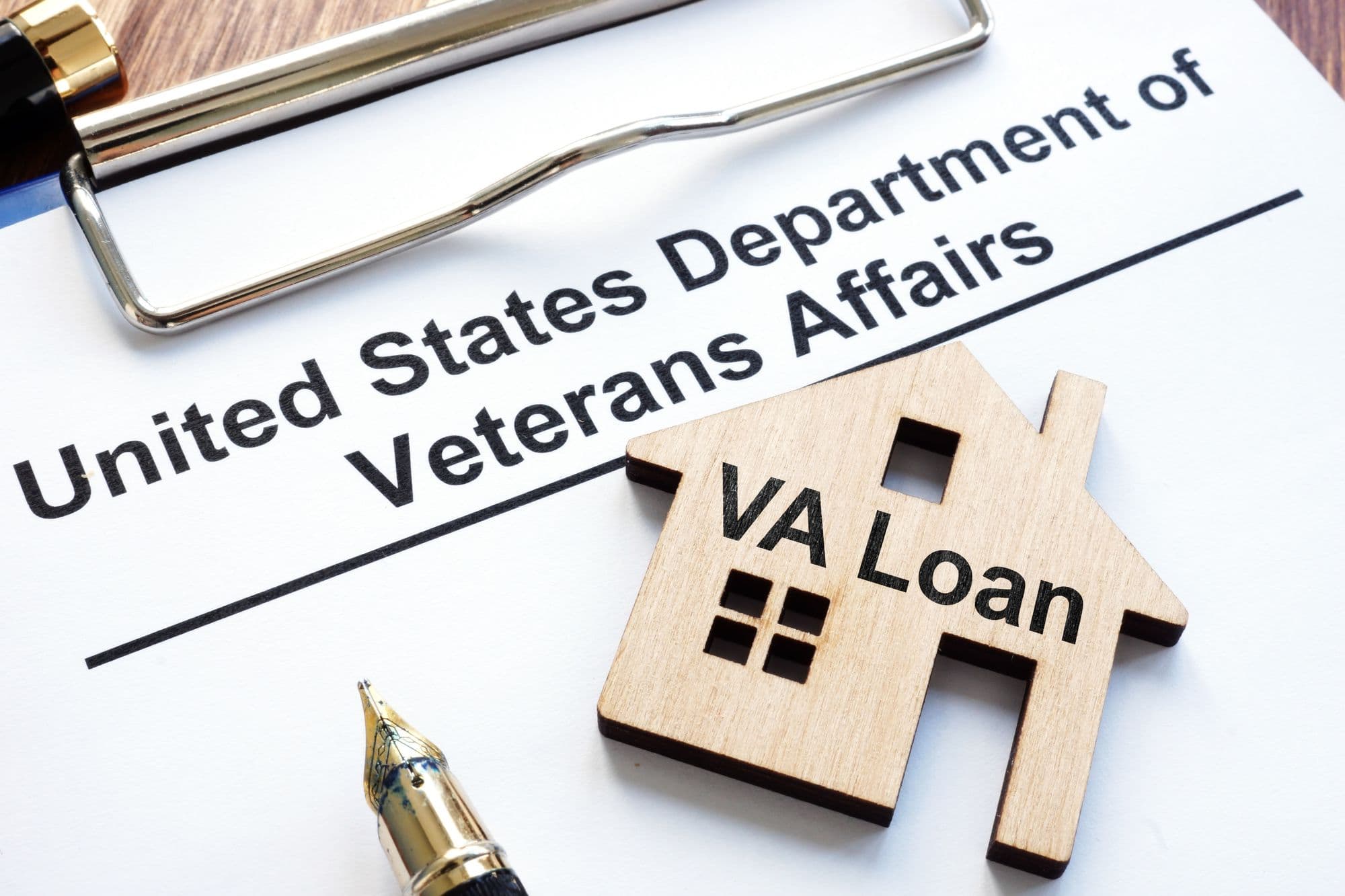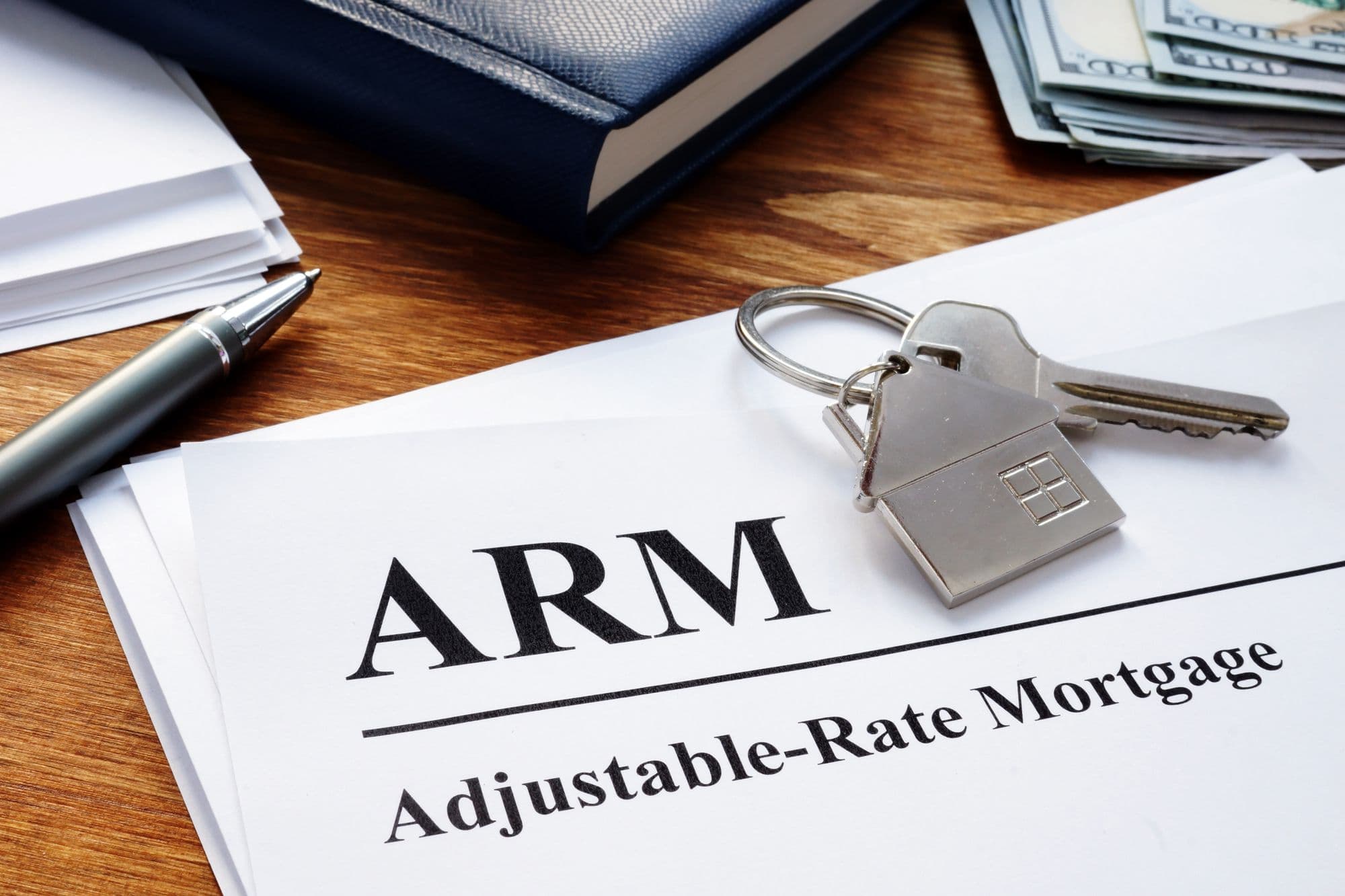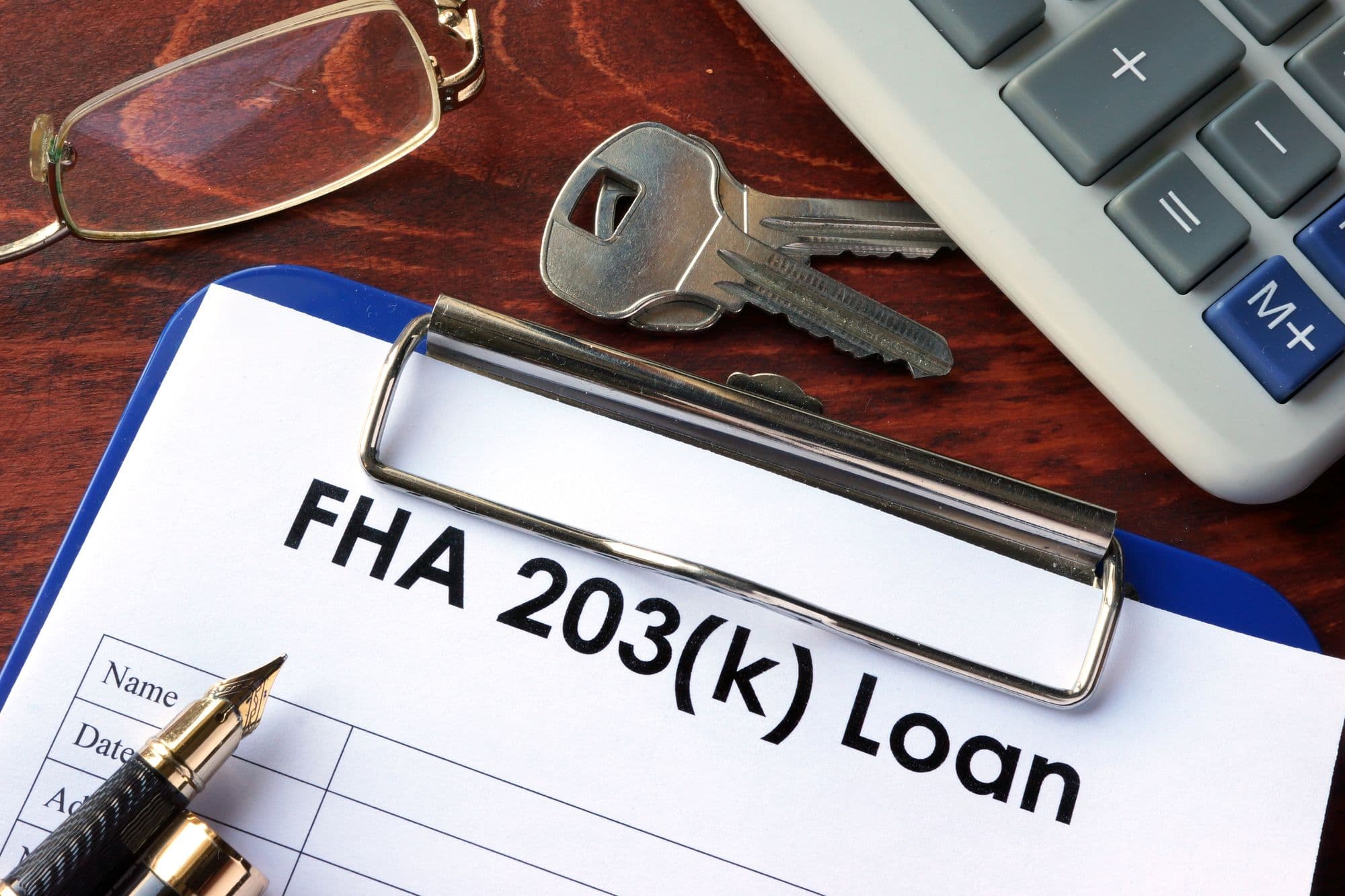
Top 5 VA Home Loan Benefits
Learn the top VA home loan benefits, including no down payment, no PMI, flexible credit guidelines, and low interest rates for eligible buyers.

Buying a home is one of the biggest financial steps you’ll take, and if you’re a veteran, active-duty service member, or eligible surviving spouse, the VA home loan program can make that process a whole lot easier.
Backed by the U.S. Department of Veterans Affairs, VA loans are designed to give those who’ve served a powerful leg up in the housing market. Whether you're a first-time buyer or looking to upgrade, understanding the top VA home loan benefits can help you make smart, confident decisions and just help prepare you for what to expect.
Let’s break down five of the biggest advantages of using a VA loan and why this program continues to be one of the best mortgage options available even today.
1. No Down Payment Requirement
Being able to purchase a home with zero down is hands down the most talked-about VA home loan benefit. You read that right, qualified VA loan borrowers can finance 100% of the home’s value without having to worry about saving up thousands of dollars for a down payment!
Compared to a traditional loan, where you will usually be required to put down 5%, 10%, or even $20. On a $300,000 home, a 10% down payment is $30,000, money that could stay in your pocket with a VA loan.
This is a benefit that is especially helpful for younger service members or those who are just starting to get back on their feet after deployment. It gives you the opportunity to begin building equity a lot sooner, without completely draining your savings account.
VA Loan Calculator
Estimate your VA home loan amount, monthly payment, and eligibility in minutes. Try it now.
2. No Private Mortgage Insurance (PMI)
Most conventional mortgage loans will typically require private mortgage insurance (PMI) if you put a down payment of less than 20%. PMI can end up costing you hundreds of dollars per month (usually tacked on to your monthly mortgage payment), and keep in mind that this money does not go toward your loan balance; rather, it’s an added protection for your lender.
This is another perk that makes VA loans so great. You never have to worry about wasting extra money on PMI simply because you don’t put down 20%. This significantly frees up more of your budget for additional expenses, savings, or even home improvements you might need to make. Expenses can quickly add up when you purchase a new home, so not having to worry about PMI provides some extra relief.
3. DTI Ratio Forgiveness
All lenders will look at your debt-to-income ratio (DTI) in order to determine how much you can realistically afford to borrow. With most conventional loans, a high DTI could be a dealbreaker, which will likely result in loan denial.
Unlike conventional mortgage loans, VA loans offer more wiggle room. While many lenders prefer a DTI below 41%, exceptions are often made for VA borrowers who have strong credit, stable income, or extra residual income (what’s left after monthly bills).
In summary, VA home loan benefits include a lot more flexibility when your financial picture isn’t looking so perfect. If you have higher monthly obligations like student loans or a car payment that would make it difficult for you to obtain a traditional home loan, a VA loan might still be within reach for you.
4. More Flexible Credit Requirements
Let’s face it, not everyone has perfect credit, and that’s okay. Life happens. Fortunately, VA loans have more lenient credit score requirements compared to conventional loans.
You might be wondering, “What credit score is acceptable for VA loans, then?” The answer is usually; most VA lenders are looking for a credit score of at least 620. With that being said, there are lenders that would be willing to make an exception, depending on your overall financial picture. Thankfully, the VA doesn’t set a hard minimum credit score amount, which gives lenders room to work with individual borrowers who may have a few dings on their credit report.
>> Read More: VA Loan Requirements
5. Lower Interest Rates
Due to the fact that VA loans are backed by the federal government, they’re considered lower risk to lenders. That lower risk then gets passed on to the borrowers through lower interest rates compared to conventional loans.
A lower interest rate doesn’t just reduce your monthly payment, but it can also save you tens of thousands over the life of your loan.
If you’re a service member and looking for a mortgage, don’t overlook this benefit. Even a small reduction in your interest rate can make a huge difference in your total cost of homeownership.
Final Thoughts: If You Qualify, Definitely Take Advantage of VA Home Loan Benefits
The VA home loan program isn’t just a thank-you for your service; it’s a real opportunity to buy a home with fewer barriers. From skipping the down payment to avoiding PMI and enjoying lower rates, these benefits are designed to help you succeed financially as a homeowner and make life just a bit easier.
If you're eligible, it’s worth looking into how the VA loan program fits your overall goals. Speak with a VA-approved lender, explore your entitlement, and take advantage of the benefits you’ve earned.
We hope this article was helpful, and we wish you luck!
FAQs About VA Home Loan Benefits
1. Who qualifies for a VA home loan?
To qualify for a VA home loan, you typically need to be an active-duty service member, veteran, National Guard or Reserve member, or an eligible surviving spouse. You'll also need to meet certain service requirements and obtain a Certificate of Eligibility (COE) from the VA. Most lenders can help you get your COE during the loan process.
2. Is there a limit to how much I can borrow with a VA loan?
There’s no official limit to how much you can borrow with a VA loan, but lenders will cap the amount based on your income, credit profile, and the VA’s guidelines. If you still have full entitlement, you can often buy above the local loan limit without a down payment, depending on the lender’s policies.
3. Can I use a VA loan more than once?
Yes, you can use a VA loan more than once. In fact, many veterans and service members reuse their VA loan benefits multiple times throughout their lives. As long as you restore your entitlement (by selling or refinancing the previous home), you can use the benefit again.
4. Does a VA loan require a home inspection?
A VA loan doesn’t require a home inspection, but it does require a VA appraisal. The appraisal ensures the home meets the VA’s minimum property requirements and is worth the purchase price. That said, a private home inspection is still a smart idea to uncover any hidden issues before you buy.
5. What is the VA funding fee, and can it be waived?
The VA funding fee is a one-time fee paid to help fund the loan program and keep it running. It can range from 1.25% to 3.3% of the loan amount, depending on your loan type and whether it’s your first use. However, this fee can often be rolled into your loan, and it may be waived entirely for veterans with a service-connected disability.






